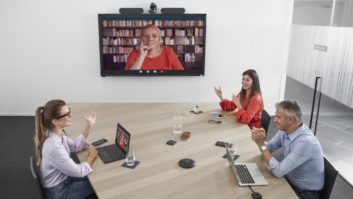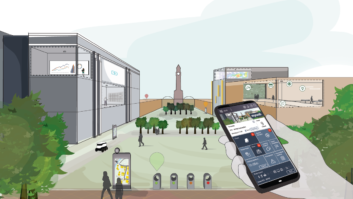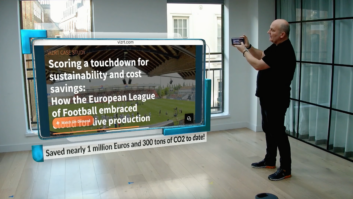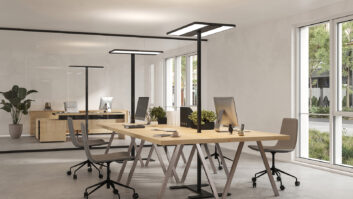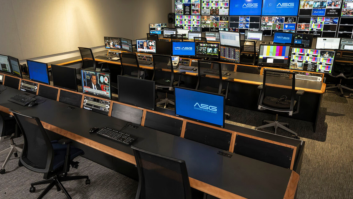 The global pandemic has had a deep impact on businesses and caused ways of working to change dramatically. Looking ahead, companies of all sizes are continuing to adjust and find new ways of growing and evolving.
The global pandemic has had a deep impact on businesses and caused ways of working to change dramatically. Looking ahead, companies of all sizes are continuing to adjust and find new ways of growing and evolving.
Remote working has removed much of the social and human aspect of work, and this has left many longing for the return to the office. However, this is not the case for all employees – Covid-19 may have pushed all work interaction online, but this could benefit younger generations who have grown-up navigating the digital world.
As we near the relaxing of Covid-19 restrictions in the UK, it is time to consider how the role of the office will change for businesses. Over the past few years, we at Sharp have been exploring the future workplace and conducted research into prevailing employee attitudes and trends. We will take a closer look at our findings below, and highlight how employers can support the youngest members of the post-pandemic workforce.
New normal
The future of work will be markedly different to the pre-pandemic version of normality. The past year has brought into focus what we really value about office work and what we do not. We have had time to reflect on established processes, refining those that add genuine value and removing others.
The greatest changes are that Covid-19 has freed us from the office desk and the daily commute. One of the lessons from Covid-19 for businesses has been that the initial remote working productivity concerns were ultimately unfounded. There is now a growing acceptance that most companies will maintain a hybrid style of working once restrictions lift.
Hybrid working is a mixture of remote and office working and will deliver greater flexibility for a workforce that has now spent a year working from home. This shift raises questions about how the office sits in long-term business plans and, more importantly, what appetite there is among the workforce to reopen offices once restrictions lift.
Working preferences
At the end of 2020, Sharp surveyed more than 6,000 office employees in small and medium sized businesses across Europe to try to understand how the global pandemic has impacted their collective working preferences for the future.
There were key findings of the research from the under 30s, a mix of Millennials and Generation Z, who are the building blocks of our future economies and societies. Our research found that just over half (51 per cent) agree that working remotely has made them more productive.
This feedback was surprising considering how Gen Z has influenced the workplace by adapting with ease to remote working, a style of work that suits their experience with technology from a young age.
However, the most unexpected feedback from Gen Z came around the need for a physical office space. While they recognise the benefits of remote working, young workers are still looking for businesses to provide office spaces, and do not seem to endorse a full move away from the physical workplace.
While Gen Z can thrive both in the virtual and physical office space, it
is vital for employers to provide the support to enable this generation to fulfil its potential. At Sharp, we have worked with Future of Work psychologist Viola Kraus to better understand how the ways of working preferred by Gen Z can be supported by employers.
As expected, there are many aspects of remote working that play to the strengths of Gen Z. Viola Kraus says: “The virtual meeting space is theirs. In the virtual setting, the feelings of hierarchical boundaries diminish and Gen Z employees are able to speak up freely and express themselves.”
While they demonstrate real comfort when using technology to work remotely, this does not necessarily mean that it is Gen Z’s sole preference. Viola added: “For Gen Z work is about having a meaningful relationship, where work melds with private life. So they need to have that social interaction, virtually and when possible, face-to-face.”
For employers, there is a clear call from Gen Z to have both the virtual and physical office which must both be geared toward collaboration and interaction. Gen Z is, after all, the future of every company, and it would be worthwhile to invest in the kind of technology that fosters this collaboration and supports this generation’s workplace preferences.
